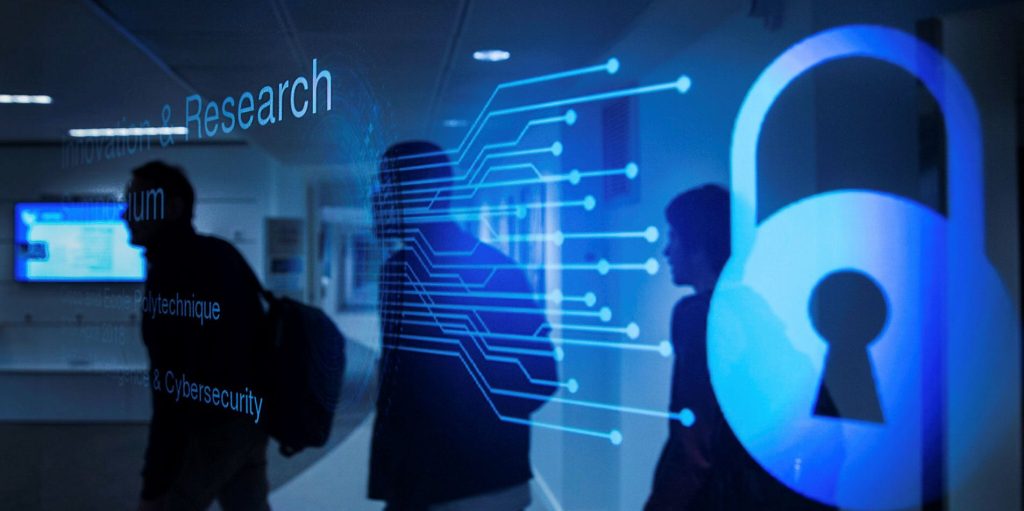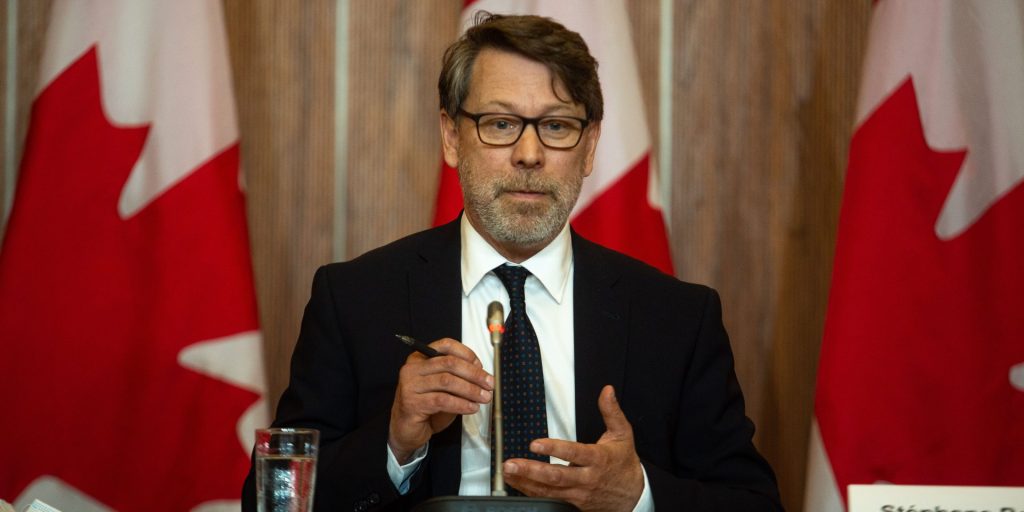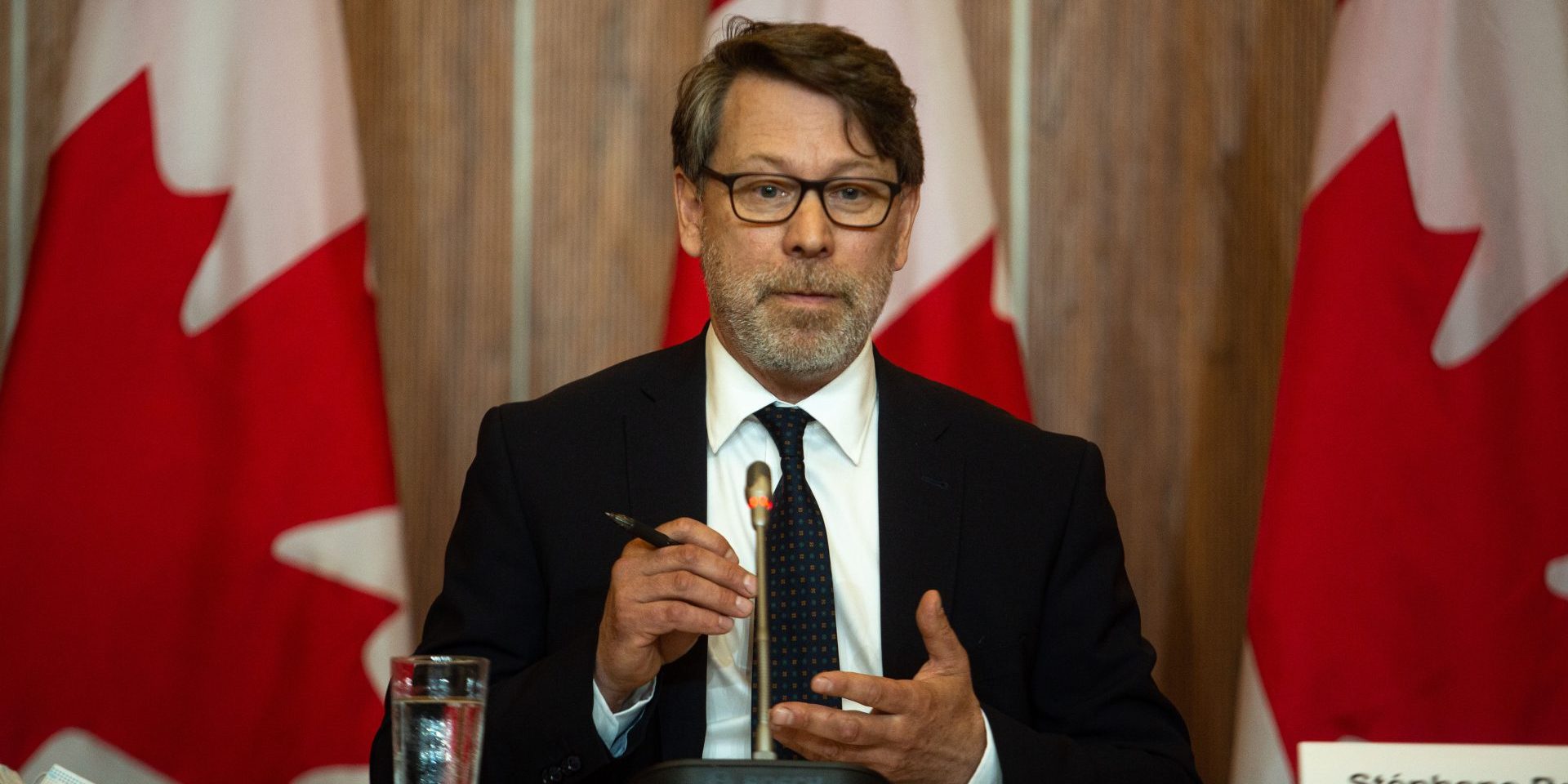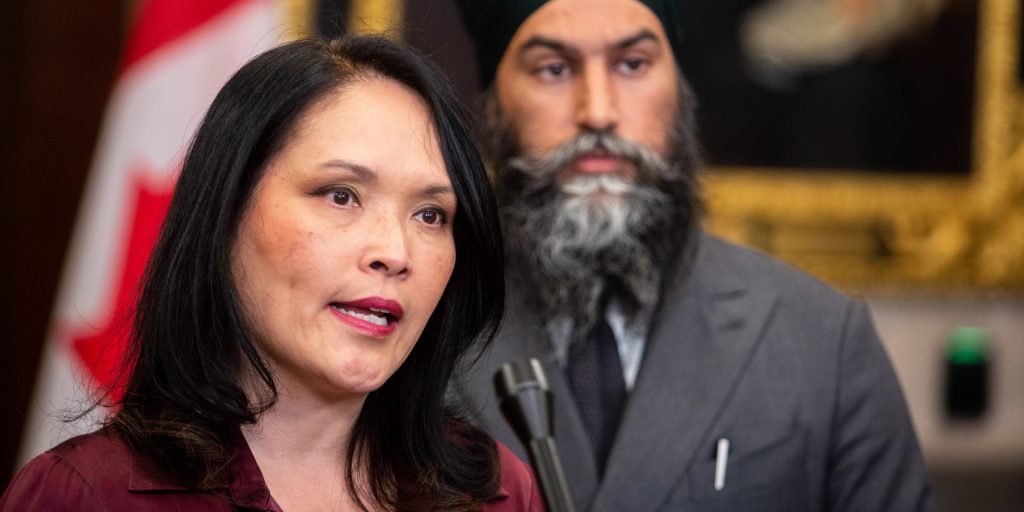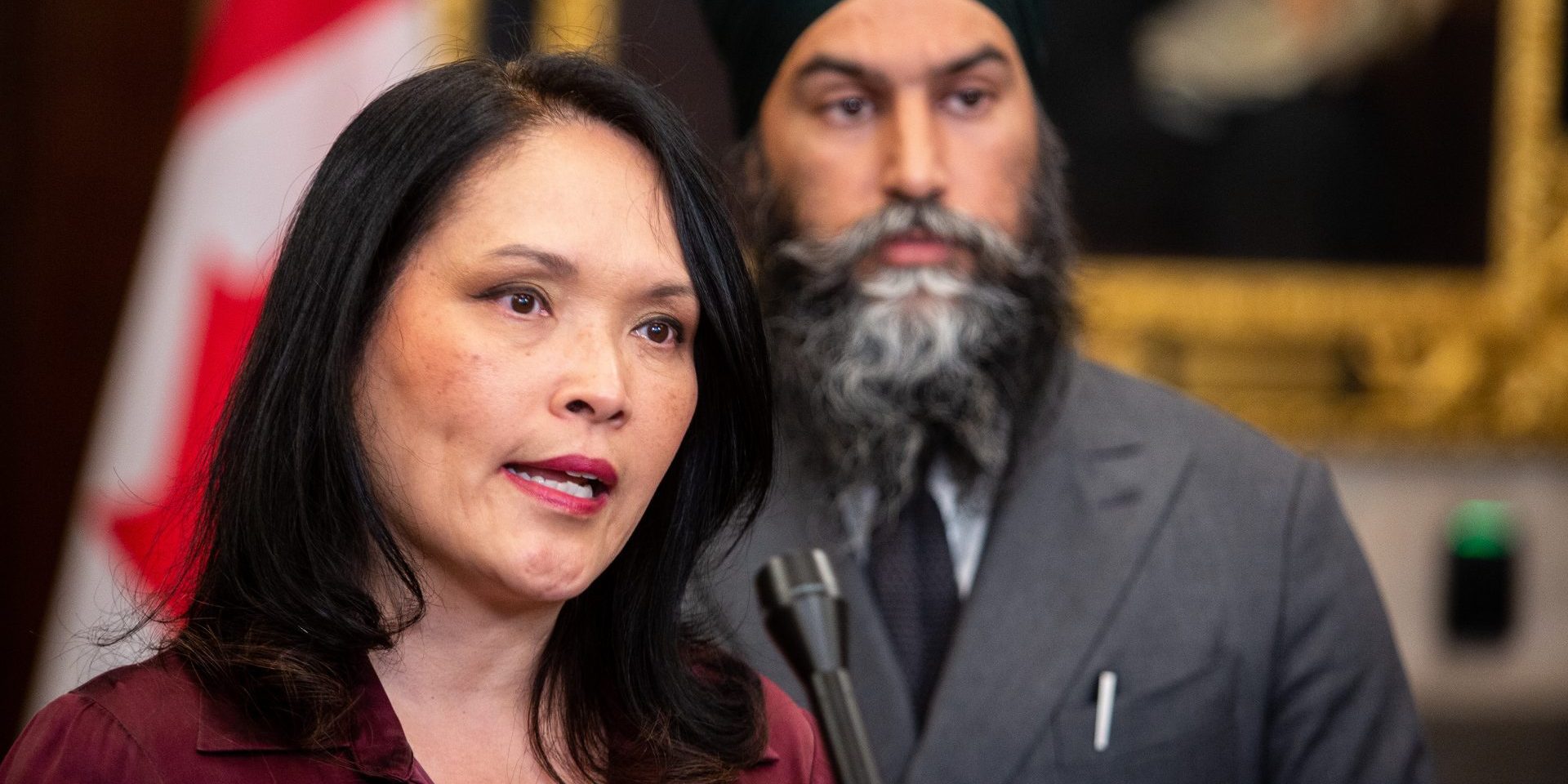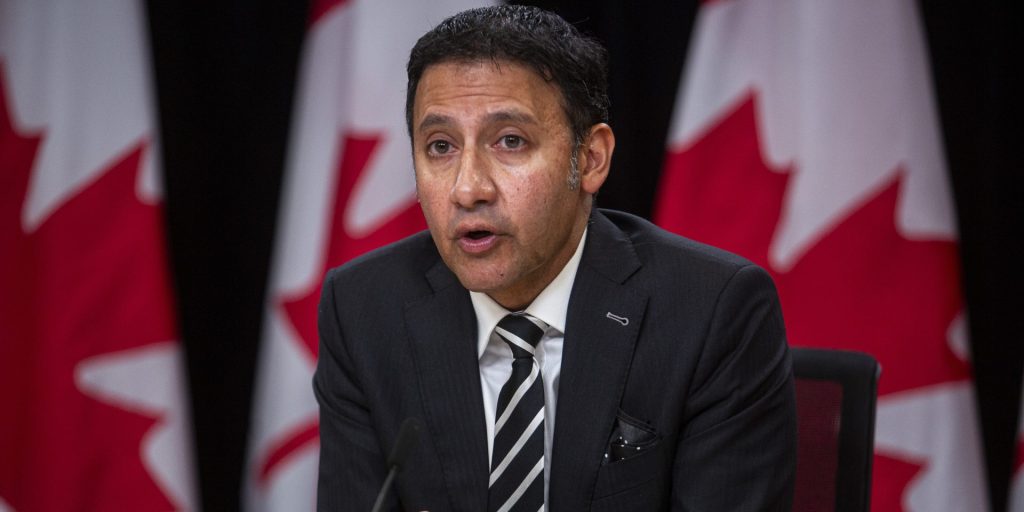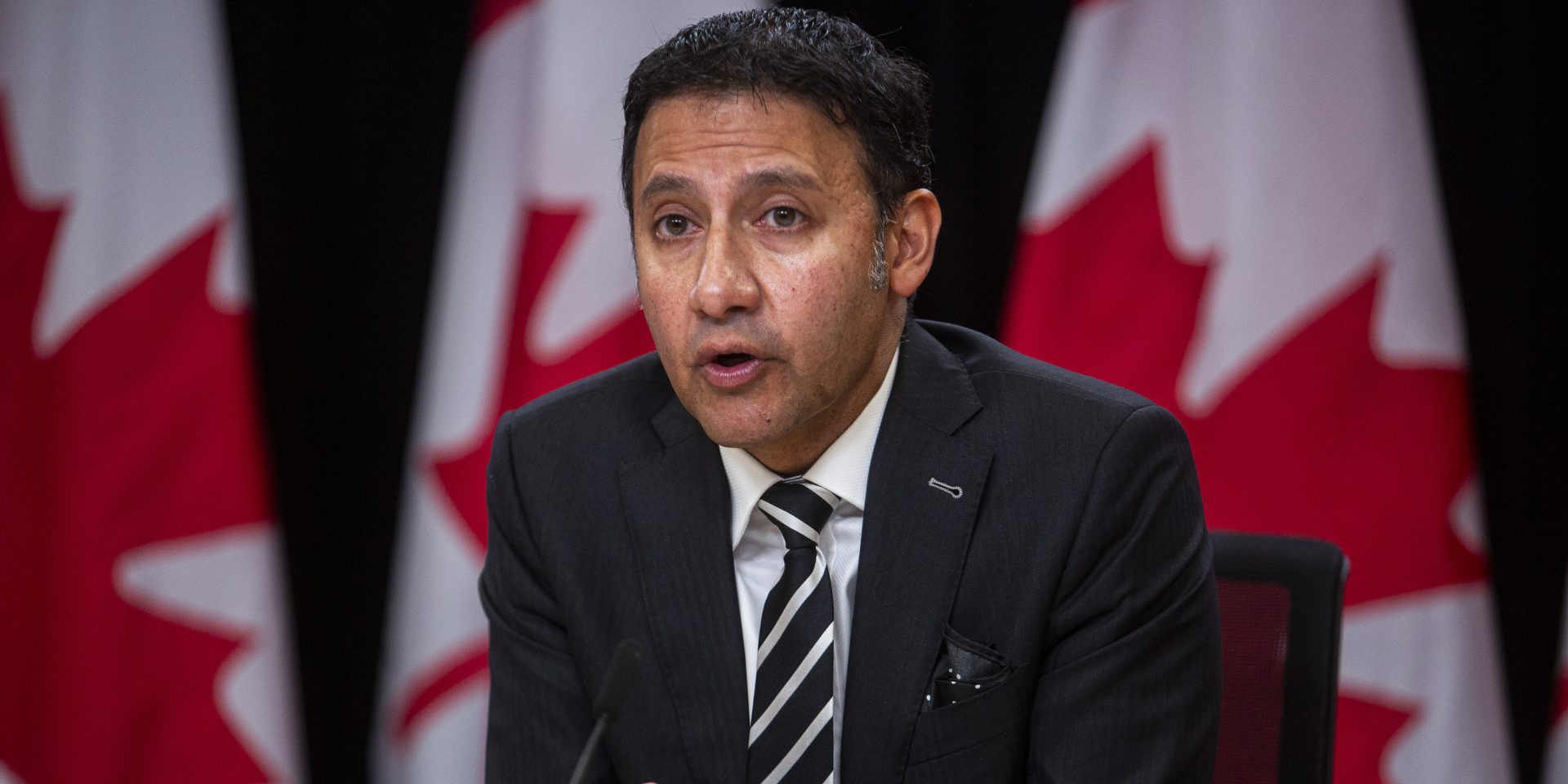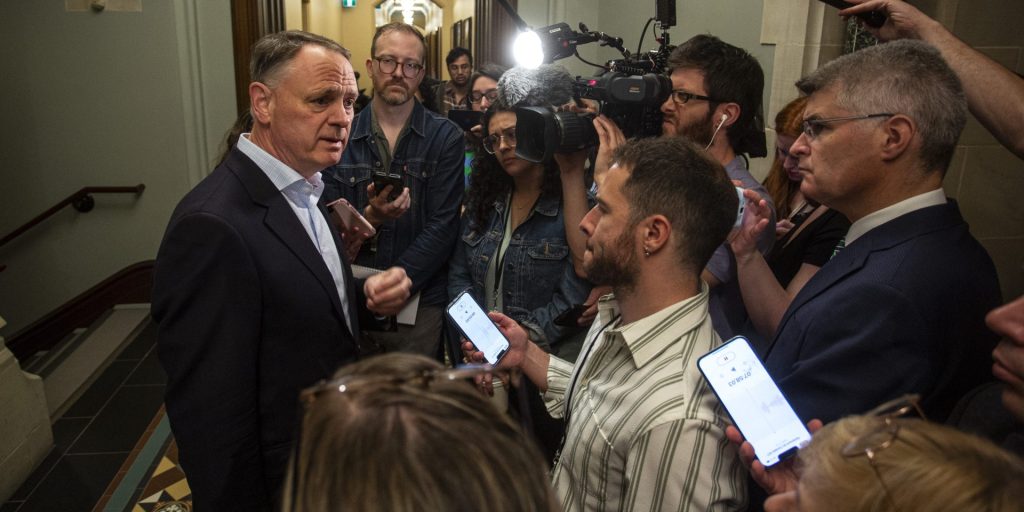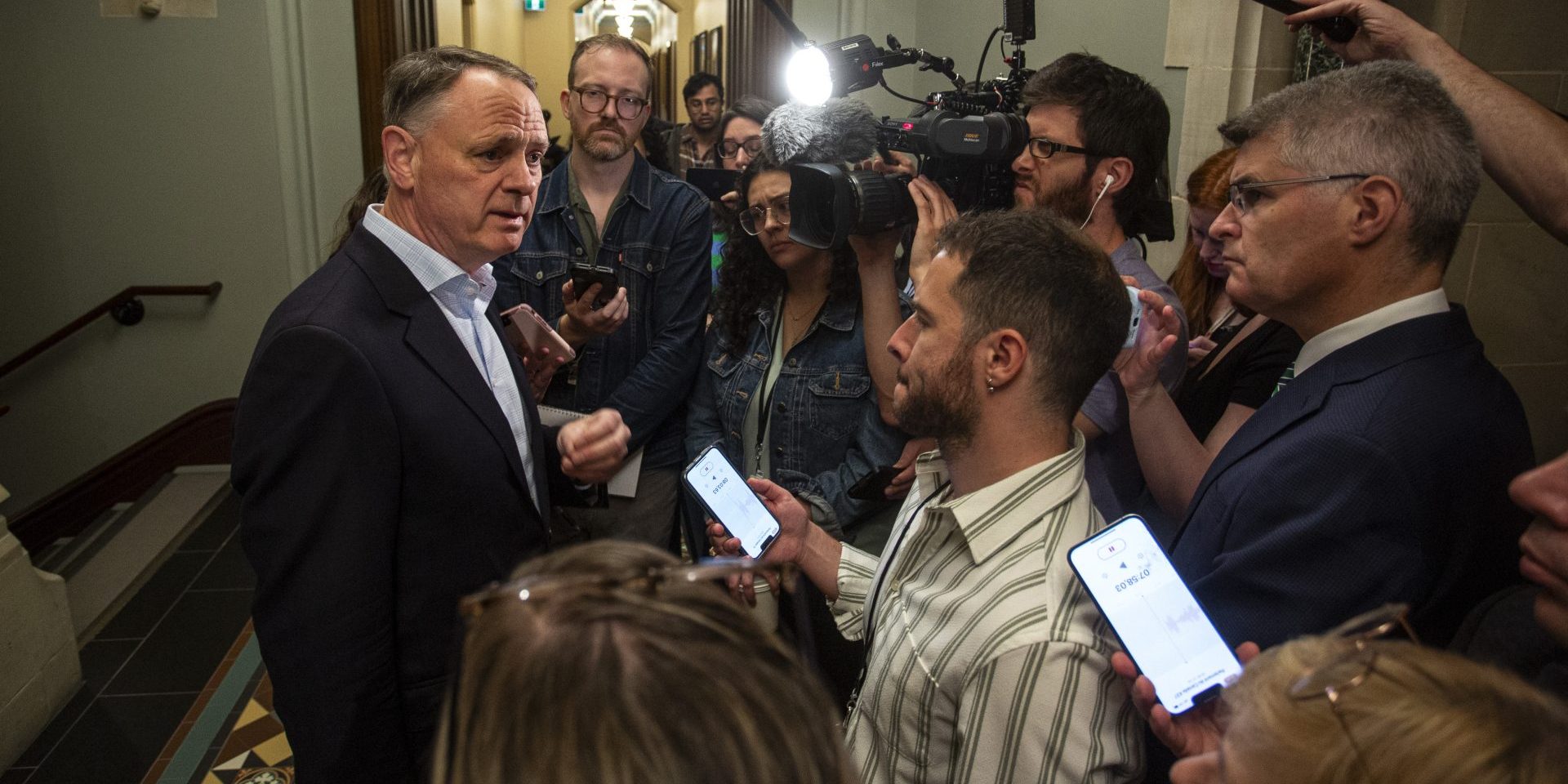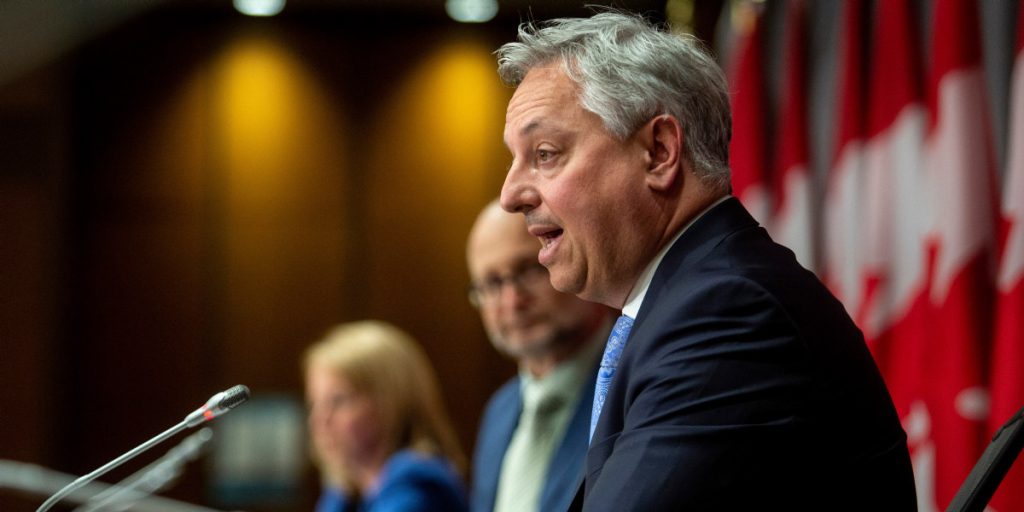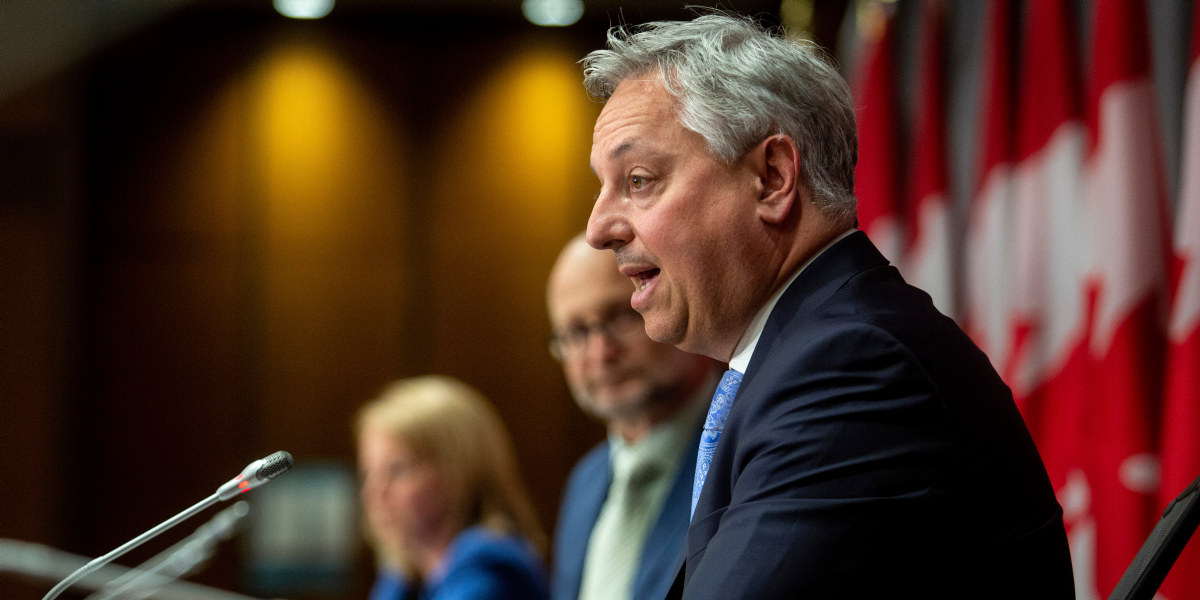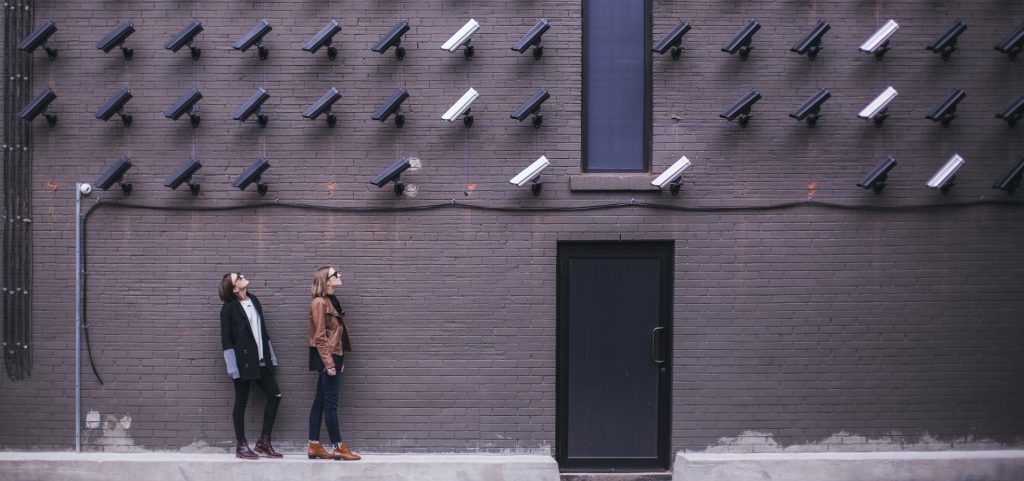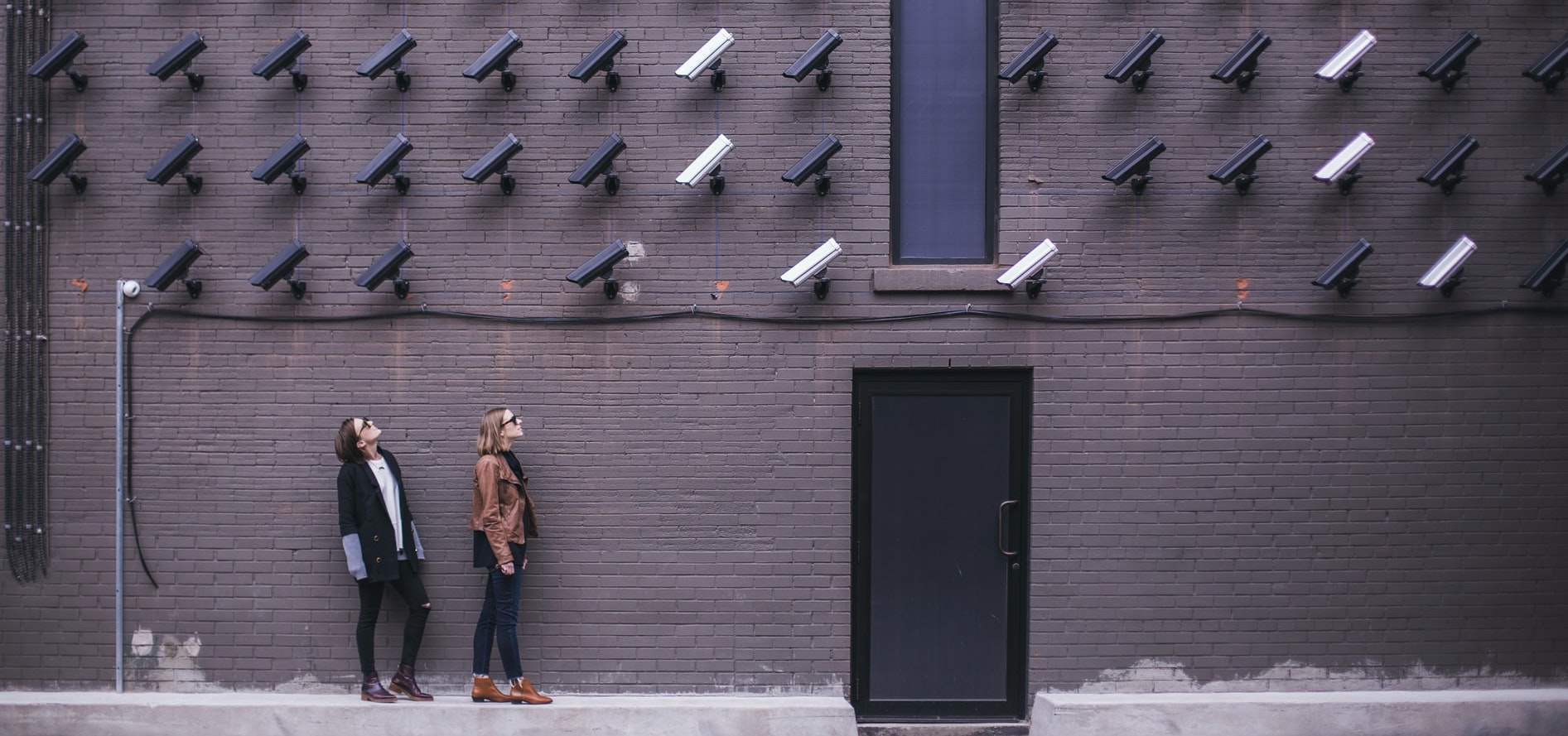Cybersecurity
- Sourcing products from new suppliers, finding new markets for our domestic products, being conscious of foreign investment, and increasing our digital security is not an easy task.
- Sourcing products from new suppliers, finding new markets for our domestic products, being conscious of foreign investment, and increasing our digital security is not an easy task.
Become a Political Insider
Sign up for Today's Headlines newsletter now
By entering your email address you consent to receive email from The Hill Times containing news, analysis, updates and offers. You may unsubscribe at any time. See our privacy policy
- Former Liberal minister Sheila Copps says a court challenge or grassroots push could force change, while former Conservative staffer Fred DeLorey says parties should
- Former Liberal minister Sheila Copps says a court challenge or grassroots push could force change, while former Conservative staffer Fred DeLorey says parties should
- Former Liberal minister Sheila Copps says a court challenge or grassroots push could force change, while former Conservative staffer Fred DeLorey says parties should
- Although AUKUS is holding consultations with Canada to find areas to collaborate on advanced technology information sharing, it has yet to signal if it
- Although AUKUS is holding consultations with Canada to find areas to collaborate on advanced technology information sharing, it has yet to signal if it
- Although AUKUS is holding consultations with Canada to find areas to collaborate on advanced technology information sharing, it has yet to signal if it
- Former CSIS analyst Stephanie Carvin says government, Parliament, and political parties share the responsibility to protect democracy from cyber threats.
- Former CSIS analyst Stephanie Carvin says government, Parliament, and political parties share the responsibility to protect democracy from cyber threats.
- Former CSIS analyst Stephanie Carvin says government, Parliament, and political parties share the responsibility to protect democracy from cyber threats.
- Plus, Trudeau could face the Indian prime minister at the United Nations in New York.
- Plus, Trudeau could face the Indian prime minister at the United Nations in New York.
- Plus, Trudeau could face the Indian prime minister at the United Nations in New York.
- If foreign powers can convince mainstream Canadian media to report a message they wish to advance 'it's quite dangerous' because it lends 'credibility to
- If foreign powers can convince mainstream Canadian media to report a message they wish to advance 'it's quite dangerous' because it lends 'credibility to
- If foreign powers can convince mainstream Canadian media to report a message they wish to advance 'it's quite dangerous' because it lends 'credibility to
- The upcoming federal budget provides an opportunity not only to identify future priorities, but also to reflect on past decisions, strategies, and investments. Although
- The upcoming federal budget provides an opportunity not only to identify future priorities, but also to reflect on past decisions, strategies, and investments. Although
- The upcoming federal budget provides an opportunity not only to identify future priorities, but also to reflect on past decisions, strategies, and investments. Although
- Medical professionals’ lack of comfort with new digital technologies is a major challenge that will need to be overcome as Health Canada develops the
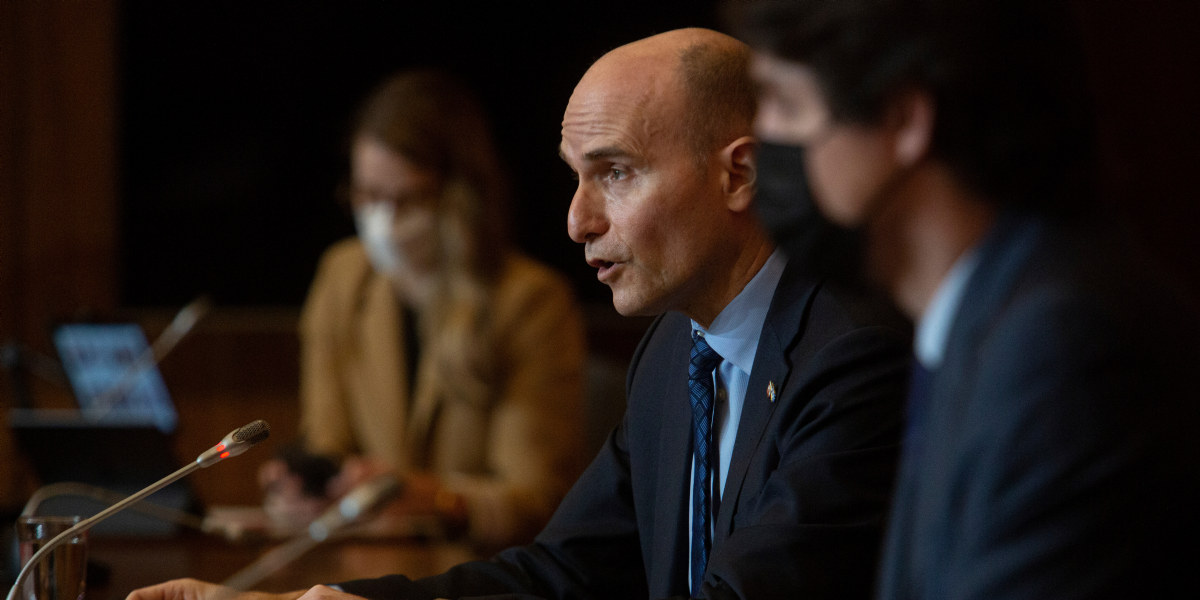
- Medical professionals’ lack of comfort with new digital technologies is a major challenge that will need to be overcome as Health Canada develops the
- Medical professionals’ lack of comfort with new digital technologies is a major challenge that will need to be overcome as Health Canada develops the
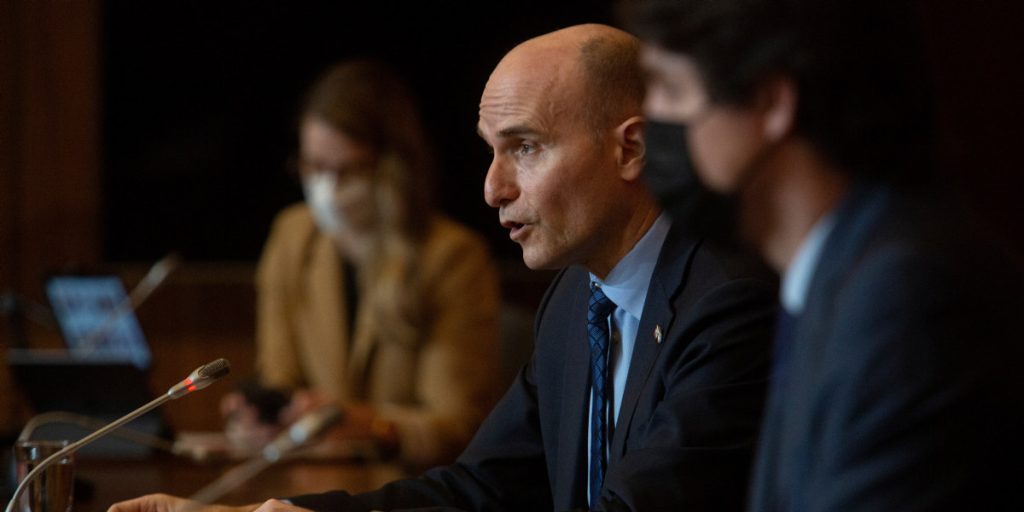
- Artificial intelligence (AI) is increasingly seen as one of the most transformative technologies of our era. However, little is known about how widely it
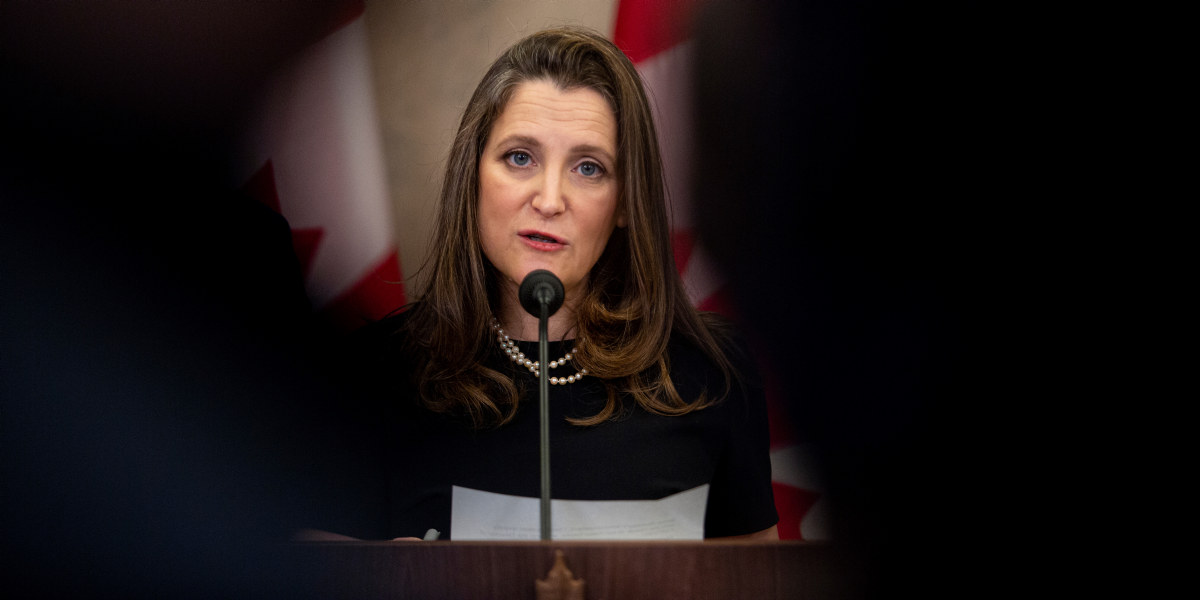
- Artificial intelligence (AI) is increasingly seen as one of the most transformative technologies of our era. However, little is known about how widely it
- Artificial intelligence (AI) is increasingly seen as one of the most transformative technologies of our era. However, little is known about how widely it
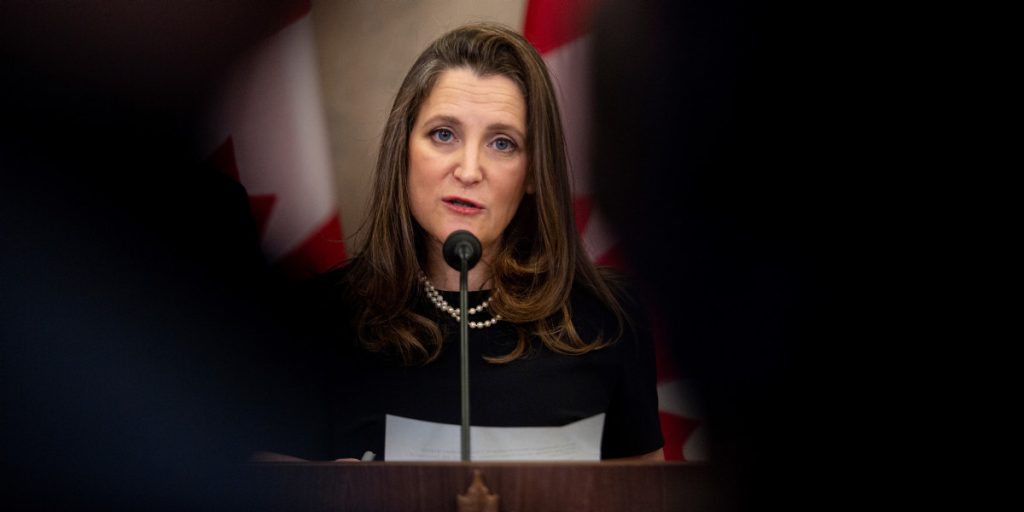
- Canada is a global leader in artificial intelligence because of decades of work by world-class luminaries at universities and government labs. Small- and medium-sized
- Canada is a global leader in artificial intelligence because of decades of work by world-class luminaries at universities and government labs. Small- and medium-sized
- Canada is a global leader in artificial intelligence because of decades of work by world-class luminaries at universities and government labs. Small- and medium-sized
- There is no doubt that Canada is a global leader in artificial intelligence. Thanks to the foresight of the 2017 Pan-Canadian AI Strategy, the
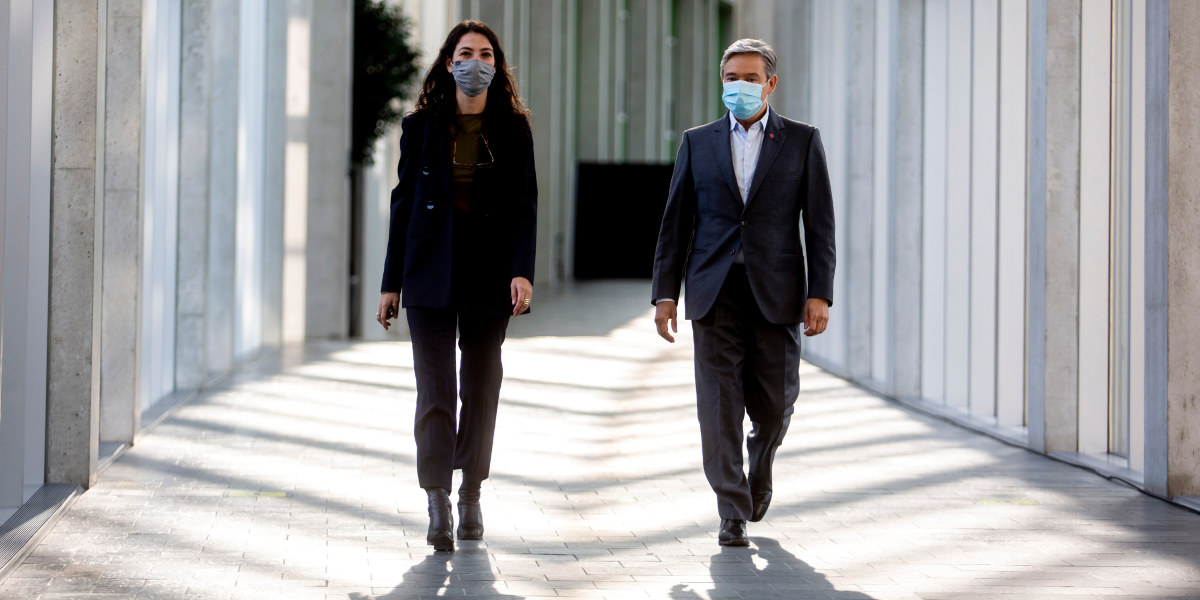
- There is no doubt that Canada is a global leader in artificial intelligence. Thanks to the foresight of the 2017 Pan-Canadian AI Strategy, the
- There is no doubt that Canada is a global leader in artificial intelligence. Thanks to the foresight of the 2017 Pan-Canadian AI Strategy, the
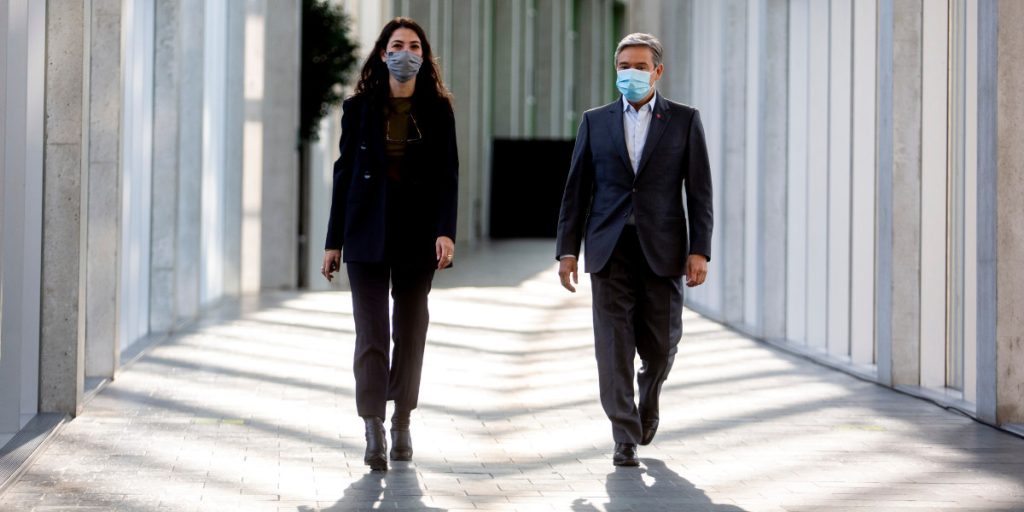
- Consistent and significant investments in AI research in Canada have resulted in globally recognized centres of academic excellence across the country. The often-repeated challenge
- Consistent and significant investments in AI research in Canada have resulted in globally recognized centres of academic excellence across the country. The often-repeated challenge
- Consistent and significant investments in AI research in Canada have resulted in globally recognized centres of academic excellence across the country. The often-repeated challenge
- “This has been a land, sea, air, cyber, space, and information operation,” an official with the Canadian Joint Operations Command summed up last week
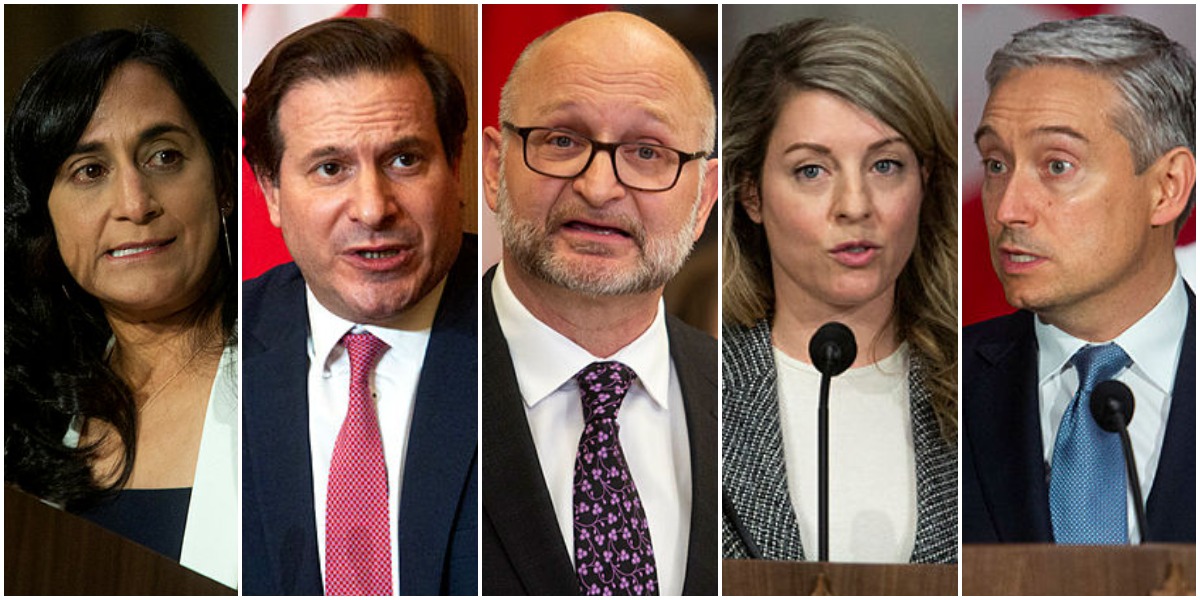
- “This has been a land, sea, air, cyber, space, and information operation,” an official with the Canadian Joint Operations Command summed up last week
- “This has been a land, sea, air, cyber, space, and information operation,” an official with the Canadian Joint Operations Command summed up last week

- In the public eye, Canada’s intelligence agencies still possess an invisibility cloak. The strange truth is that the spies would like to discard it
- In the public eye, Canada’s intelligence agencies still possess an invisibility cloak. The strange truth is that the spies would like to discard it
- In the public eye, Canada’s intelligence agencies still possess an invisibility cloak. The strange truth is that the spies would like to discard it
- Katie Jones was a pretty, successful young woman that worked for a prestigious American think tank and was connected to many influential security professionals
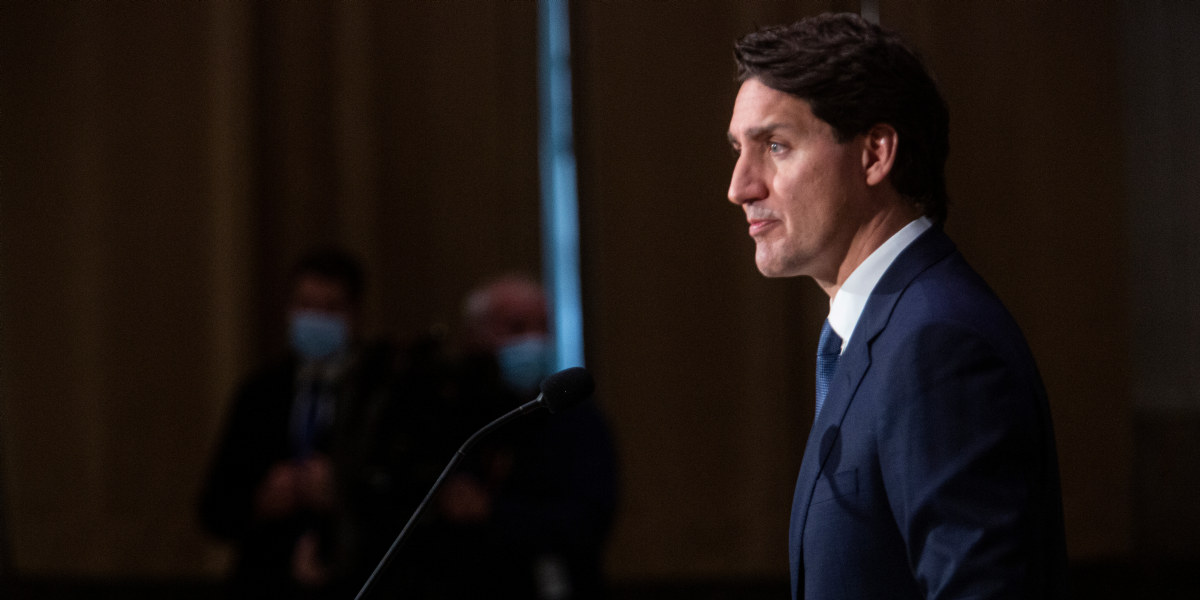
- Katie Jones was a pretty, successful young woman that worked for a prestigious American think tank and was connected to many influential security professionals
- Katie Jones was a pretty, successful young woman that worked for a prestigious American think tank and was connected to many influential security professionals
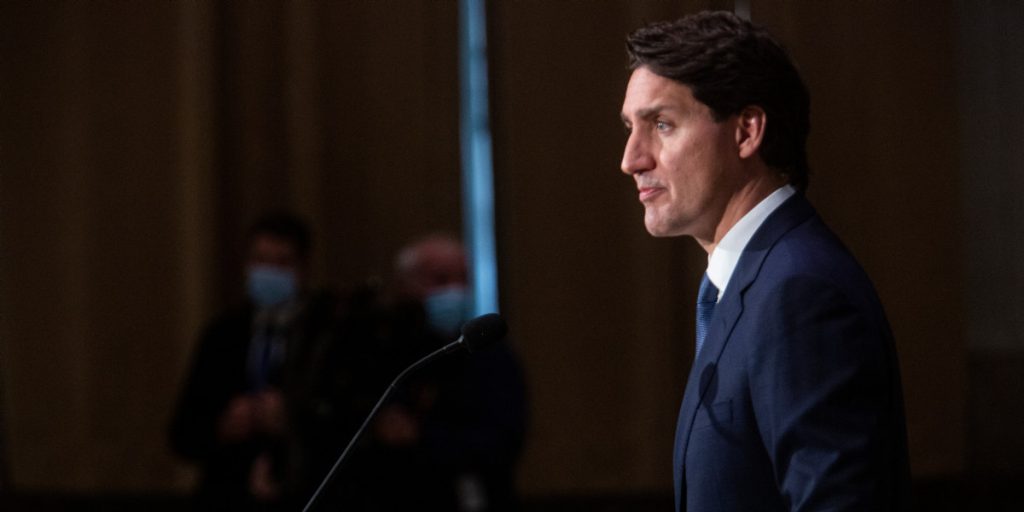
- Most people are unaware of the personal security risks confronting them when they make use of 21st century technology. Threats are embedded in the
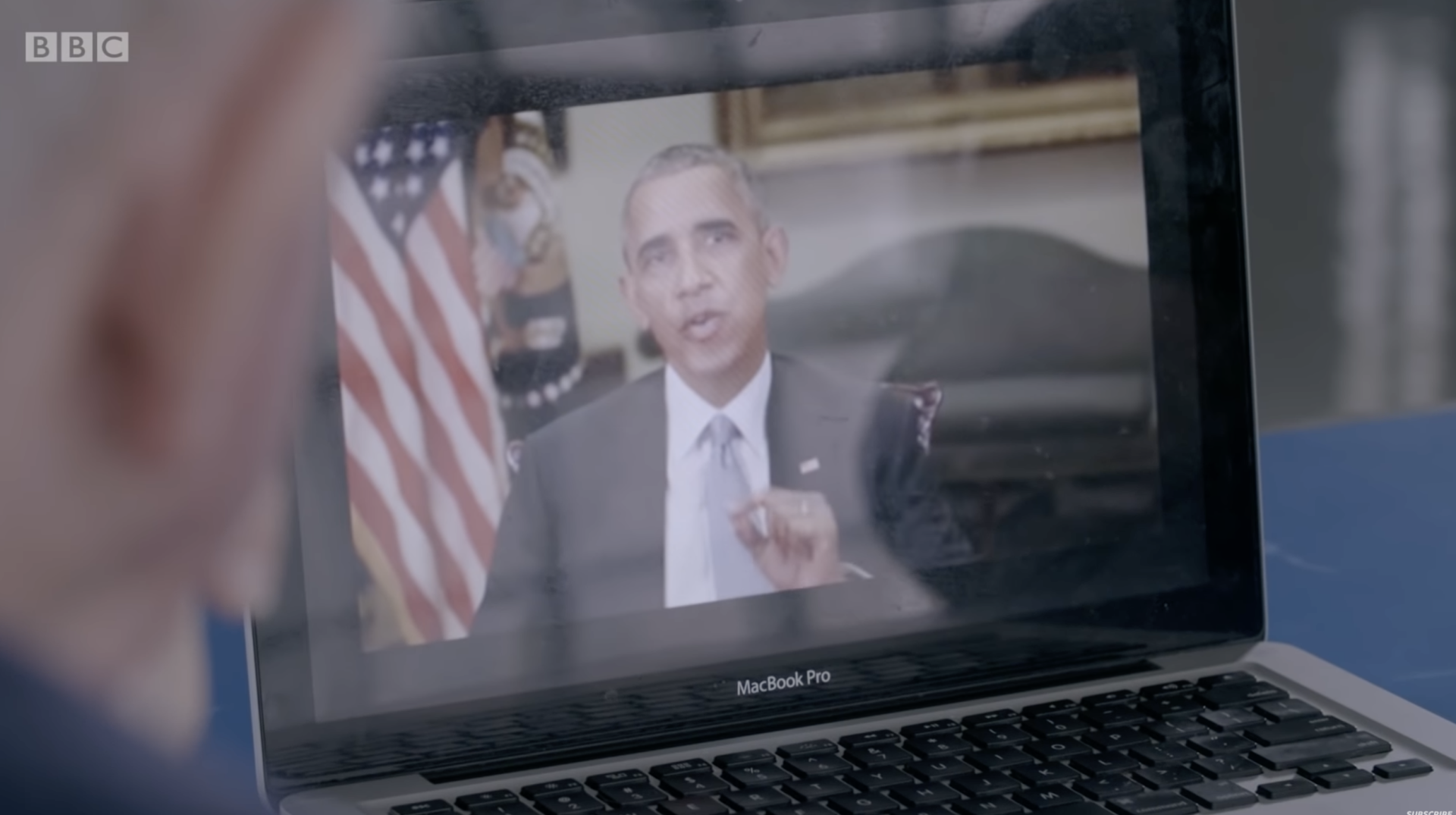
- Most people are unaware of the personal security risks confronting them when they make use of 21st century technology. Threats are embedded in the
- Most people are unaware of the personal security risks confronting them when they make use of 21st century technology. Threats are embedded in the
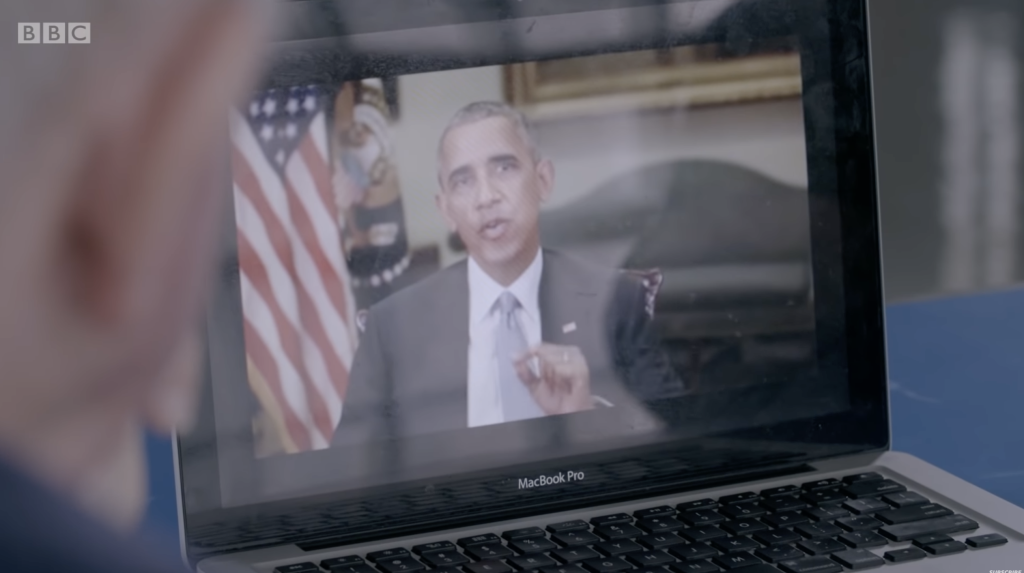
- Cybersecurity has never been more vital to a nation’s security—its people, government, educational institutions, and businesses of all sizes. It is one of the

- Cybersecurity has never been more vital to a nation’s security—its people, government, educational institutions, and businesses of all sizes. It is one of the
- Cybersecurity has never been more vital to a nation’s security—its people, government, educational institutions, and businesses of all sizes. It is one of the

- Sometimes a long-awaited gift that arrives wrapped in sparkly paper disappoints when it is opened. That is the case with Bill C-11, introduced in
- Sometimes a long-awaited gift that arrives wrapped in sparkly paper disappoints when it is opened. That is the case with Bill C-11, introduced in
- Sometimes a long-awaited gift that arrives wrapped in sparkly paper disappoints when it is opened. That is the case with Bill C-11, introduced in

